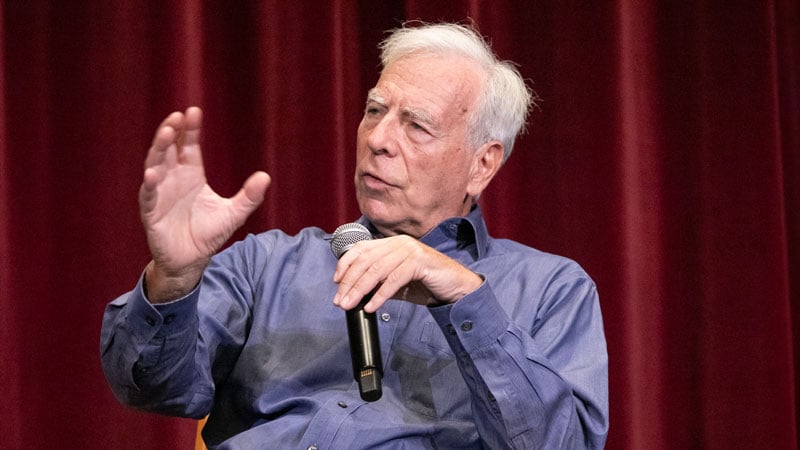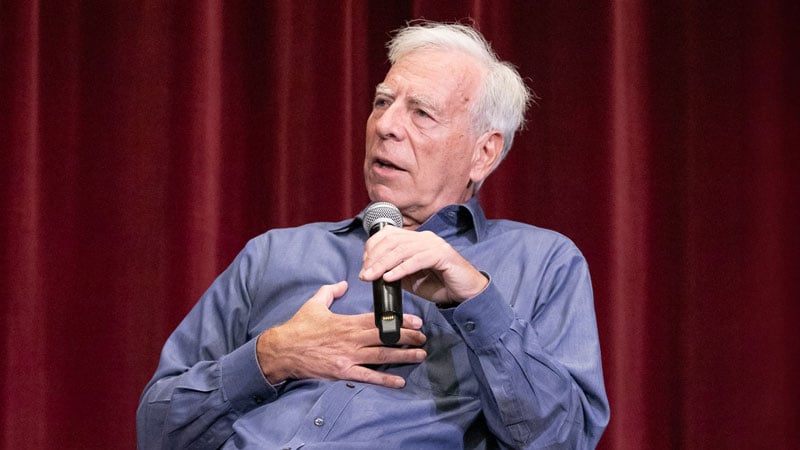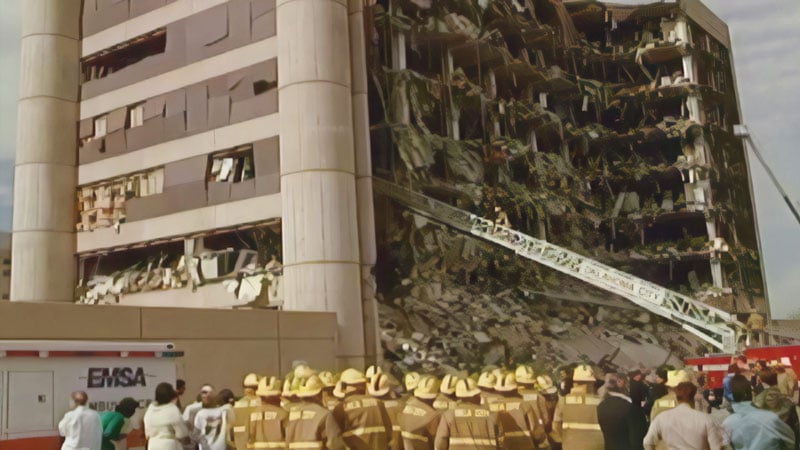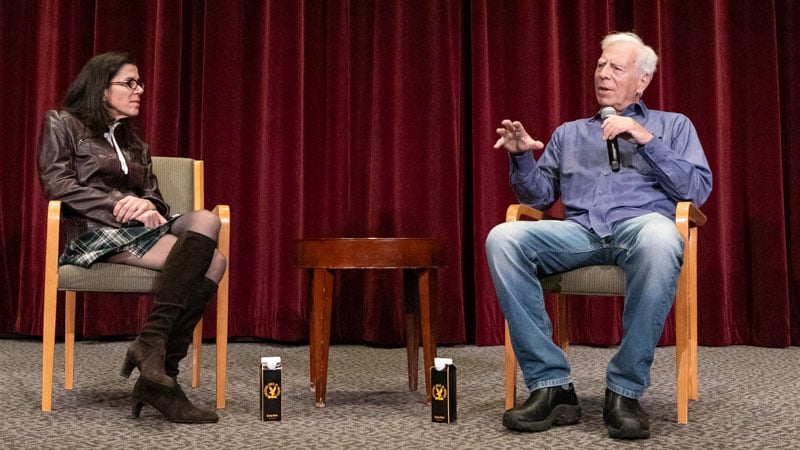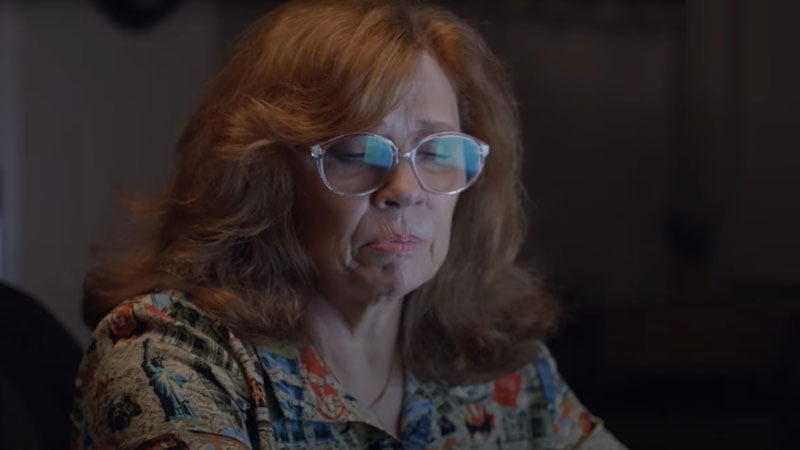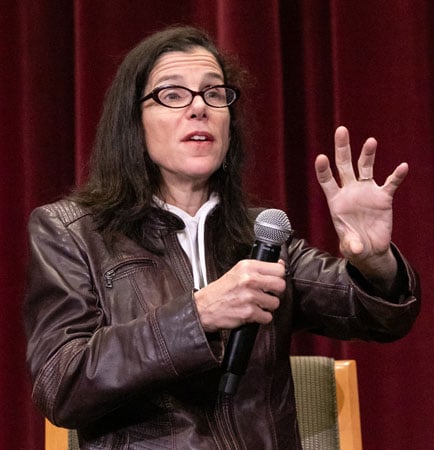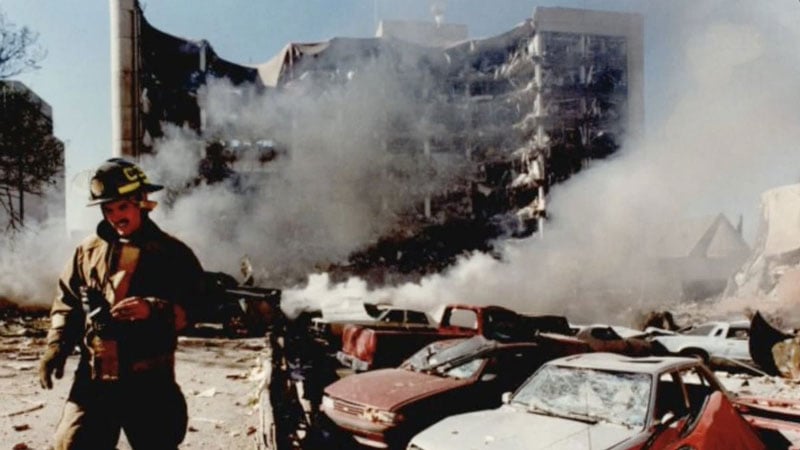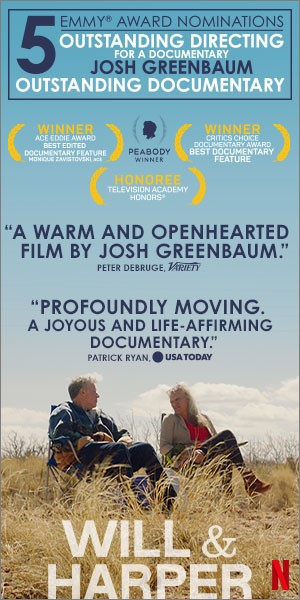Q&A photos by Marcie Revens – Print courtesy of HBO Documentary Films
On April 19, 1995 at 9:02 a.m., a terrorist truck bombed the Alfred P. Murrah Federal Building in Oklahoma City, Oklahoma. The deadliest act of homegrown terrorism against the government in U.S. history killed 168 people, injured 680, destroyed more than one-third of the building and destroyed or damaged 324 other buildings. The date was significant to anti-government extremists Timothy McVeigh and Terry Nichols, being the second anniversary of the end to the Waco siege, the FBI’s tragic attempt to end the 51-day standoff with the religious cult known as the Branch Davidians that resulted in 82 deaths.
Director Marc Levin’s An American Bombing: The Road to April 19th uses the Oklahoma City bombing as a lens to look at the evolution of domestic political violence in the USA, from its recent roots in the early '80s to the reverberations leading up to January 6, 2021. With talk of civil war leading into the historic election of 2024, this documentary examines how we got here.
On October 29, after the Eastern Region Special Projects Committee Documentary Series screening in New York, Levin discussed the making of the film during a Q&A moderated by Director Alexandra Pelosi (The Insurrectionist Next Door).
Asked about the genesis of the film, Levin revealed that the younger generation seems unaware of this historic event.
“I asked some of my younger colleagues, ‘What do you know about the Oklahoma City bombing?’ ‘Is that the one where the guy sent the letter to everybody? The Unabomber story?’ This is not taught in any state in the country in high school except Oklahoma and just in terms of our popular culture, obviously 9/11 and the horrors that happened overwhelmed everything but the significance of what was really going on back then and the reverberations we are so still in the midst of, has been missed. So, that's kind of why we made the movie.”
He also noted why he opted to make a feature although they had enough material for multi-episodes.
“It is easy to get lost in the conspiracy world, but you can't lose sight of this bigger picture of these movements of legitimate grievances that are real and how they can be exploited and capitalized and demagogues can take advantage of them. That's the bigger picture, the meta picture, that we're wrestling with right now. Our job is to dig deeper, but not get so lost in the conspiratorial or exposé mode that you lose both the human story and the historic kind of context.”
Levin’s other directorial credits include the feature documentaries Riker’s, One Nation Under Stress, Class Divide, The Execution Machine: Texas Death Row, Protocols of Zion, Freeway: Crack in the System; episodes of the television series Ocean Warriors, Law & Order, Street Time and Brick City; and episodes of the documentary mini-series Chicagoland. He was nominated for the DGA Award and won a Primetime Emmy for Outstanding Non-Fiction Special for his 1998 film Thug Life in D.C. Levin has been a DGA member since 1998 and has served as a member of the Eastern Directors Council.
